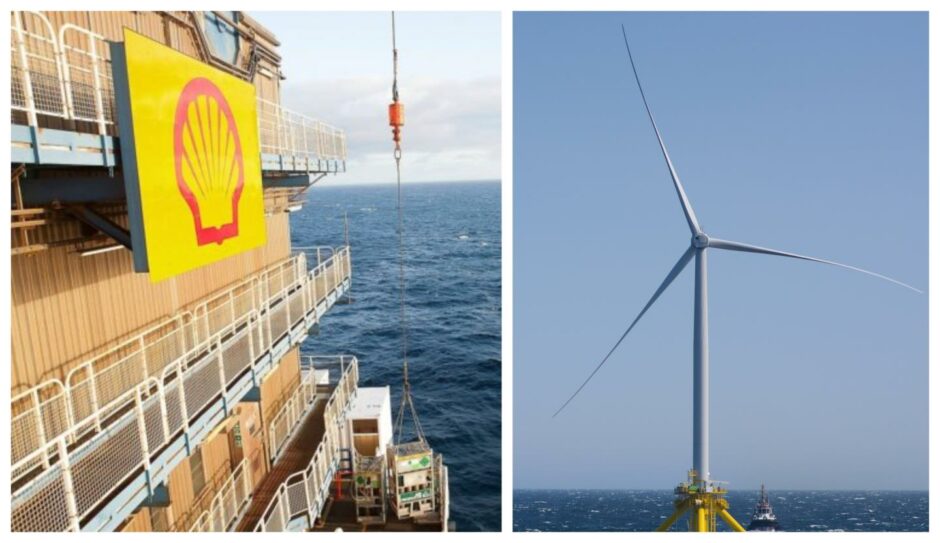
The head of Shell Plc’s (LON: SHEL) UK offshore wind business is leaving the company amid a shift to spend more money on the oil and gas business that drives profits.
Melissa Read, who led Shell’s UK offshore wind unit in a major expansion into Scotland, said by email that she has resigned. It’s the latest departure from the oil and gas giant’s renewable power business as the company redirects spending to deliver higher returns to shareholders.
A Shell spokesperson confirmed her departure.
The news of Read’s departure follows an internal memo last week that announced Thomas Brostrom, Shell’s global head of renewable power, is leaving for another job. Brostrom had been hired from Danish offshore wind giant Orsted AS to build out the company’s green power business. Earlier in June, a Shell power trader decided to quit the company over its shift in strategy.
Big oil companies have positioned themselves as potential market leaders in offshore wind, having already built up decades of experience executing complex projects at sea with oil and gas exploration. Shell expanded into the sector with projects in the Netherlands, the UK and the US.
But the offshore wind industry has struggled in recent years as cost inflation and supply chain constraints have squeezed returns. Shell is part of a joint venture in the US that is trying to terminate a contract to sell power, which it says is no longer viable due to rising costs. The company also won’t bid in the next offshore wind auction in the Netherlands, a contest in which it has been successful in recent years.
In a strategy update last month, Shell Chief Executive Officer Wael Sawan said the economics of offshore wind in particular are challenging at the moment. The company aims to spend money on renewable power assets that best integrate with its team of power traders. It also sees opportunities in electric vehicle charging and biofuels.
“Offshore wind has been significantly beaten up over the last few months and solar’s doing a bit better,” Sawan said in June. “I want to be able to make sure we have the flexibility to allocate shareholder capital in a responsible way.”
Recommended for you
